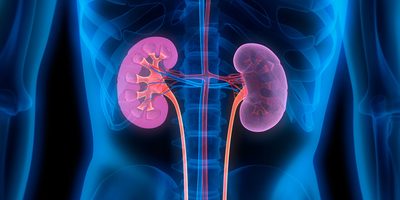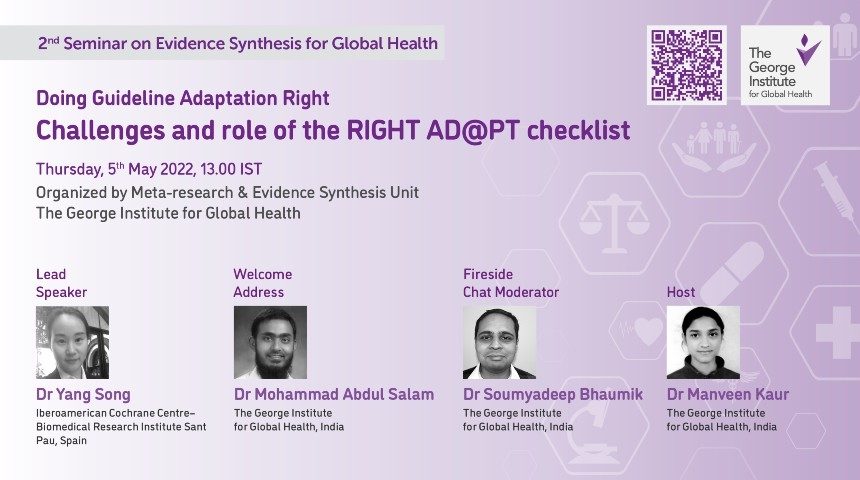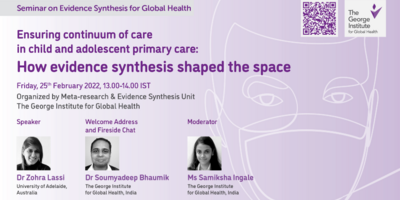Dapagliflozin in advanced chronic kidney disease and kidney failure: The RENAL LIFECYCLE trial
A team of researchers from The George Institute for Global Health have been awarded over $2.2 million to conduct a new trial to see if a drug used to treat diabetes can improve outcomes for people with advanced stages of kidney disease.
Currently, almost 27,000 Australians are living with kidney failure with nearly 14,000 receiving dialysis and 12,800 living with a kidney transplant. Death rates are high in patients with advanced chronic kidney disease (CKD) and in those that have progressed to kidney failure and need dialysis or transplantation, and treatment options are limited. Kidney failure rates are also high in patients with advanced stages of CKD and in those living with a kidney transplant.
A class of drugs called SGLT2 inhibitors have already been shown to improve heart, circulatory and kidney outcomes in patients with mild and moderate stages of chronic kidney disease (CKD), but they haven’t been studied in people who are in the advanced stages of the disease or in kidney failure.
The new international trial will evaluate whether the SGLT2 inhibitor dapagliflozin can also reduce risk of death, heart failure and kidney failure in people with advanced stages of the disease or in kidney failure. The Australian arm of this trial will be led by Professor Sunil Badve and Associate Professor Clare Arnott. In this world-first study, the Australian team will also study the effect of dapagliflozin on structural abnormalities of heart and if this in turn contributes to their cardiovascular benefits in people with advanced kidney disease and kidney failure.
Australia to join large multicentre Enhanced Control of Hypertension and Thrombectomy Stroke Study (ENCHANTED-MT) being conducted in China
Professor Craig Anderson, Director of Global Brain Health at The George Institute and Professor of Neurology and Epidemiology in the Faculty of Medicine at UNSW Sydney will receive just over $2m to help improve outcomes for people who have experienced an ischaemic stroke.
Mechanical removal of clots blocking large blood vessels to restore blood flow to the affected area of the brain has become standard treatment for acute ischaemic stroke. Despite this, many patients still have a poor outcome.
Blood pressure (BP) is a powerful predictor of how well patients do, but there is uncertainty around what the ideal level should be during and after this procedure, known as mechanical thrombectomy (MT). Recommendations in current treatment guidelines are not based on strong evidence and there are variations on how this is managed in clinical practice.
The George Institute established the Enhanced Control of Hypertension and Thrombectomy Stroke Study in China to compare more- or less-intensive blood pressure management on outcomes for patients after successful MT. The MRFF funding will now allow Prof Anderson and his team to enrol and conduct brain imaging analysis on 400 Australian patients as part of the larger trial.
Over 50,000 Australians are living with the effects of stroke, resulting in over $6 million in direct health care costs and $26 billion in indirect costs through loss of life and suffering.
It is estimated that over 2000 patients undergo the MT procedure at 18 hospitals across the country each year. The researchers estimate that this funding has the potential to improve the function and wellbeing of at least 150 of these patients each year, as well as many hundreds of thousands elsewhere in the world, reduce the burden on health systems, community care, and society.
























